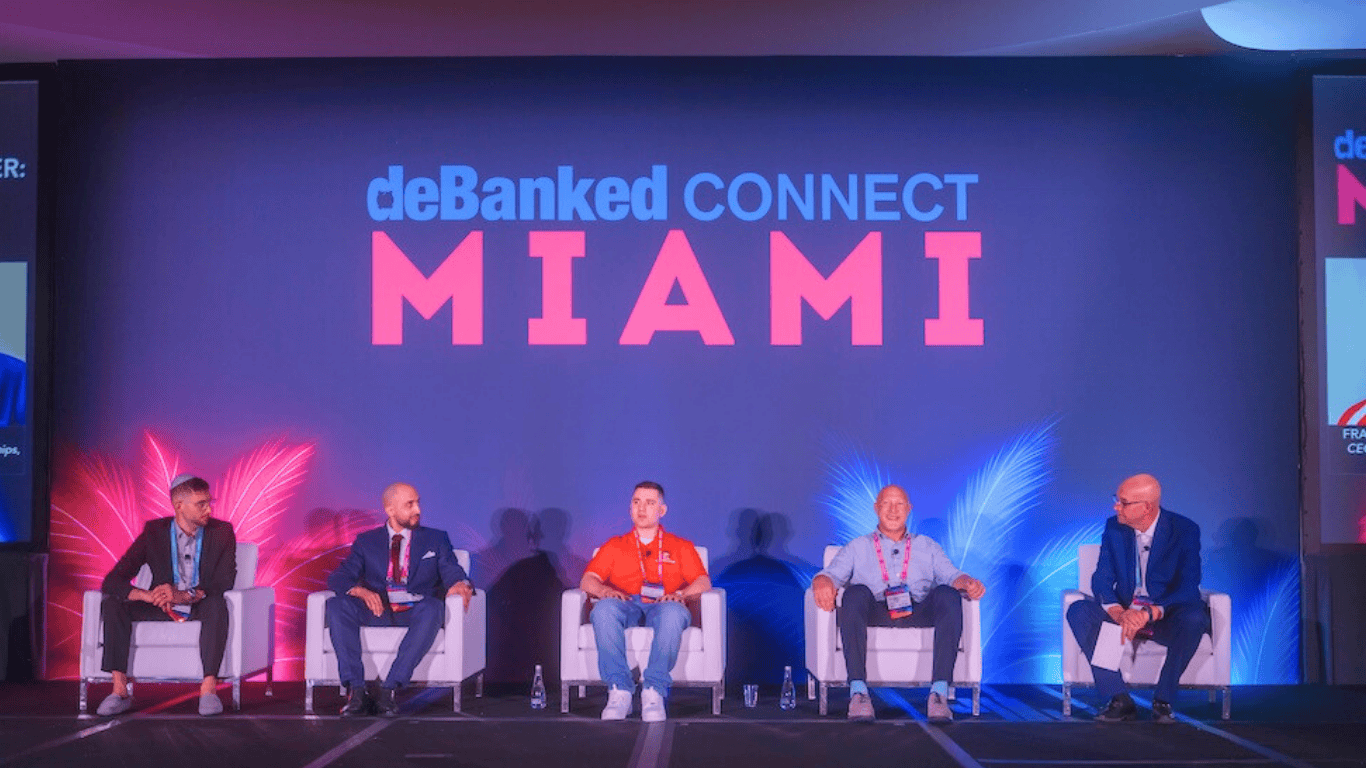1. Robust Authentication and Access Control
The first line of defense for any API integration is ensuring that only authorised entities can access its capabilities. Cobalt's API relies on an API key system, a fundamental component of secure access.
- Necessity of Unique, Strong API Keys: Beyond simply acquiring an API key, best practice dictates the use of unique, complex keys for different applications or environments (e.g., development, staging, production). This segmentation minimises the 'blast radius' if one key is compromised, preventing a single breach from exposing your entire operational footprint.
- Secure Storage and Management: API keys are sensitive credentials and must never be hardcoded directly into applications or committed to version control. Instead, they should be stored securely using environment variables, dedicated secret management services (like AWS Secrets Manager or HashiCorp Vault), or secure configuration files. This prevents unauthorised discovery and misuse.
- Regular Key Rotation and Monitoring: Proactive security mandates regular rotation of API keys, ideally on a scheduled basis (e.g., quarterly). Furthermore, implementing continuous monitoring for unusual API usage patterns—such as spikes in requests from unexpected IP addresses or atypical times—is crucial for early detection and mitigation of potential compromises.
2. Real-time Data Validation and Integrity
The core value of Cobalt's TIN Verification API is its ability to validate TIN and business name pairings against IRS records in real-time. This real-time validation is not just about speed; it's a critical security feature in itself.
- Direct-to-Source Security: The API’s direct connection to the IRS database fundamentally enhances security by eliminating reliance on intermediaries or periodically updated cached data from less authoritative sources. This "primary source" approach inherently counters the risk of data poisoning or the exploitation of stale information that could lead to fraudulent approvals.
- Ensuring Data Integrity in Transit: While the sources don't detail the specific encryption protocols for TIN data, it's standard practice for fintech APIs handling sensitive information to use secure transport layers like HTTPS/TLS. This ensures that the data exchanged between your systems and Cobalt's API remains encrypted and untampered with during transmission, protecting against man-in-the-middle attacks.
- Leveraging Confidence Scoring for Enhanced Accuracy: Cobalt's API incorporates "confidence scoring", indicating the likelihood of a match. This feature serves as an internal validation layer, guiding human review for fuzzy matches or slight discrepancies. This intelligent matching technology reduces the risk of erroneous approvals based on false positives, thereby enhancing the overall security of your verification process.
3. Proactive Fraud Prevention
Cobalt's TIN Verification API is explicitly designed to minimise risk and prevent fraudulent applications and identity theft. Its security benefits extend beyond mere compliance.
- Instant Discrepancy Flagging: By instantly matching the provided TIN with the registered business name, the API can immediately flag discrepancies. Such mismatches can be critical indicators of potential fraud, including synthetic identity attempts, the use of stolen business identities, or intentional misrepresentation of a business's legal standing.
- Multi-layered Defence with Cross-Verification: The proposition is significantly strengthened when TIN verification is combined with other data points available via Cobalt Intelligence, such as Secretary of State (SOS) data, UCC filings, and even court records. This integrated, multi-source approach creates a significantly harder target for fraudsters, enabling a more holistic and robust risk profile for every applicant.
- Strategic Resource Reallocation: By automating the foundational TIN verification check, your processing and risk teams are freed from tedious manual tasks. This allows them to reallocate valuable human capital to deeper investigations of high-risk anomalies or complex cases flagged by the automated system, effectively scaling your fraud-fighting capabilities without a proportional increase in headcount.
4. Unwavering Compliance Assurance
Staying compliant with ever-evolving regulatory mandates is a non-negotiable for alternative and institutional lenders. The Cobalt TIN Verification API aids significantly in this by being "IRS-compliant".
- Streamlined Regulatory Adherence: Direct compliance with IRS records via the API streamlines your adherence to critical Know Your Customer (KYC) and Anti-Money Laundering (AML) regulations. This reduces the significant burden of manual checks and simplifies the audit preparation process, saving valuable time and resources for your compliance officers.
- Consistent Application of Standards: Automated, verifiable compliance ensures that regulatory standards are applied consistently across all loan applications, regardless of volume. This mitigates the human error factor and minimises the risk of fines and reputational damage often associated with inconsistent or incomplete compliance procedures.
- Audit-Proof Evidence Trail: The API's capability, particularly when combined with features like timestamped screenshots (as available for SOS data), creates an irrefutable audit trail of every verification performed. This provides crucial evidence of due diligence for regulatory bodies and internal auditors, offering peace of mind and significantly simplifying compliance reviews.
5. Operational Resilience and Continuous Monitoring
While Cobalt Intelligence provides world-class customer support and easy integration, a truly secure integration strategy requires internal vigilance and operational resilience planning.
- Proactive Performance Monitoring: Beyond the vendor's assurances, internal monitoring of the API's performance—including uptime, latency, and error rates—is paramount. Implementing automated alerts for anomalies, such as sudden authentication failures or unexpected response delays, allows your teams to identify and address potential service degradations or security incidents immediately, preventing operational disruptions and mitigating risks.
- Strategic Failover Mechanisms: Even the most reliable systems can experience momentary interruptions. Implementing robust failover mechanisms, where your system can temporarily default to cached data (as Cobalt's cache covers 70-80% of US businesses) or queue requests for later processing if a real-time call fails, ensures business continuity. This minimizes the impact of external issues on your lending workflows while maintaining security protocols.
- Integration with Holistic Security Frameworks: For institutional lending executives, integrating API health metrics and security logs into a broader Security Information and Event Management (SIEM) system is a critical, albeit external, security measure. This provides a holistic view of your entire security posture, allowing for correlation of events across multiple systems and the identification of complex, multi-stage threats that might otherwise go unnoticed.
In the rapidly evolving landscape of alternative business lending, speed and accuracy are crucial differentiators. However, they are meaningless without a foundation of robust security. Integrating Cobalt Intelligence's TIN Verification API with these key security measures is not merely a technical task; it's a strategic imperative that safeguards your business, builds trust with your clients, and positions your institution for sustainable growth. Ready to fortify your lending operations?












.png)